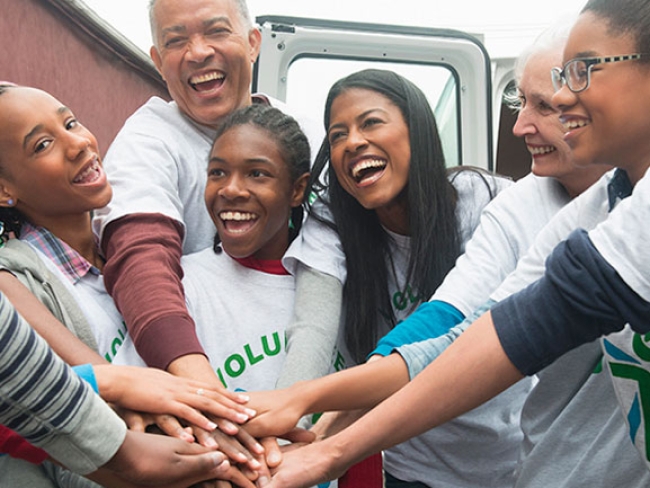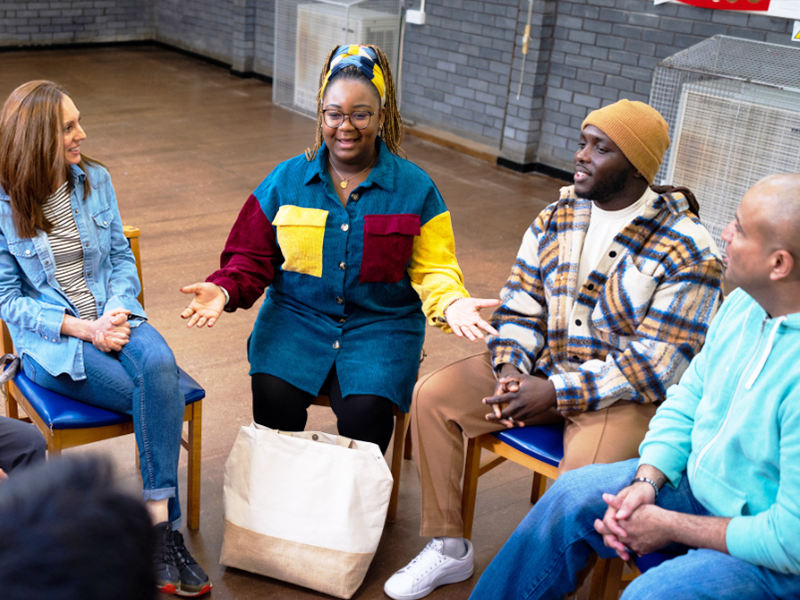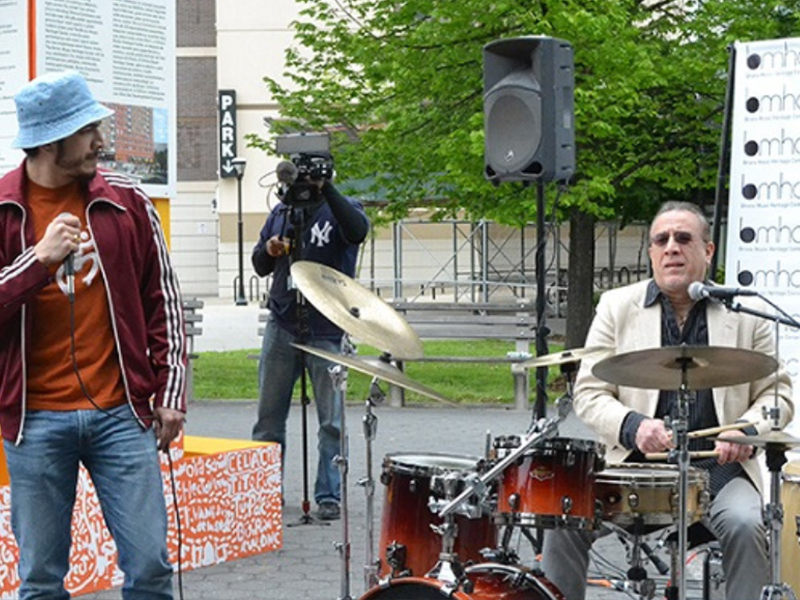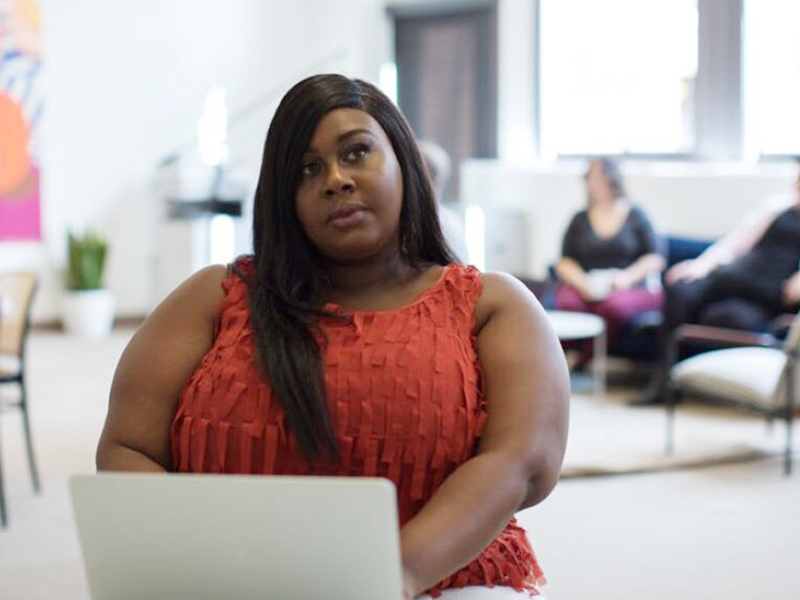How We Help Nonprofits Grow
Build Sustainable Strategies
Strategy plans that help you navigate a constantly changing environment.
Inspire Your Leadership
Training and programs to develop adaptive and courageous leaders.
Grow Your Impact
Expert support to strengthen your mission and change more lives.
Our Work, Your Community

Partner with CRE to Multiply Your Impact.
NEWS & RESOURCES

UPCOMING EVENTS


5/2 - 6/27
Ensuring Successful Leadership Transitions
Ever wondered why some organizations seamlessly navigate leadership changes while others struggle? The key lies in effective search, succession, and transition planning. Join fellow Bronx-serving organizations for a no-cost, four-session virtual workshop series on setting up your organization and its next leader for success! Spots are limited.
Online
RSVP | Required

5/14 - 6/11
AI Bootcamp for Philanthropy
Unlock the transformative power of artificial intelligence (AI) in philanthropy with Community Resource Exchange's AI Bootcamp! Tailored for the sector’s resource mobilizers, this program equips you with ethical, innovative AI strategies to enhance social impact and to support the sector’s curiosity, learning, and innovation. Learn more here.
395 Hudson Street, 8th Floor, New York, NY
RSVP | Required
LOAD MORE
CRE CLIENTS
















































































